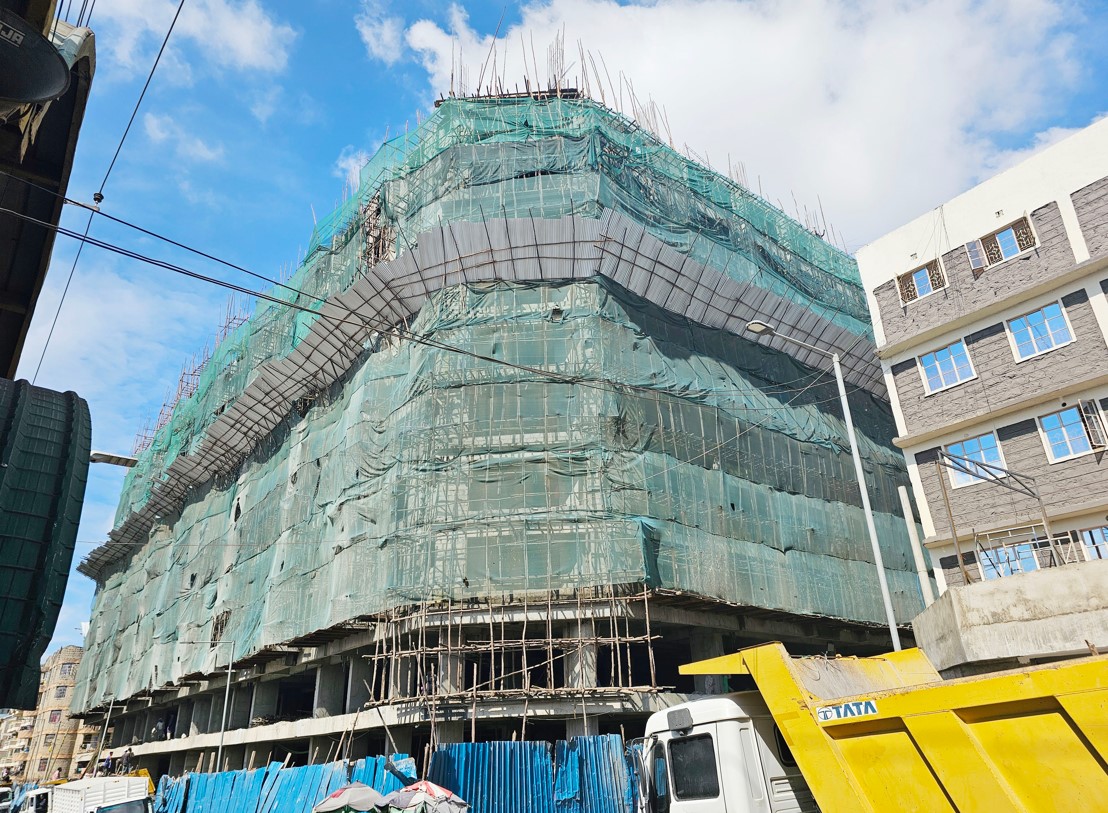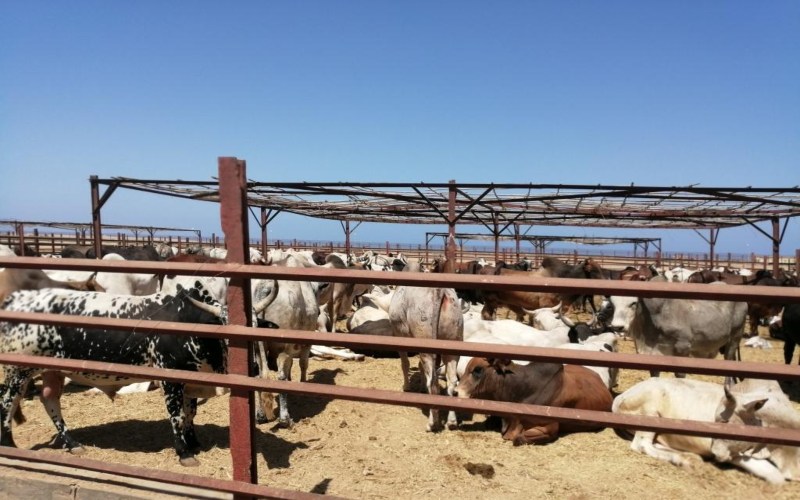Construction industry braces for higher costs as new taxes kick in

The new levies are part of the government’s broader plan to reduce dependence on imports and boost local production capacity in the steel and housing sectors.
Kenya’s construction industry is staring at increased costs after the government introduced fresh taxes on imported building materials through the 2025 Finance Act.
The new law, signed by President William Ruto, imposes a 17.5 per cent export and promotion levy on imported iron bars and non-alloy steel, as well as a three per cent levy on various ceramic and sanitary ware products.
More To Read
- Kenya secures Sh167.9 billion to expand affordable housing, low‑cost mortgages
- Only 4 per cent of Kenyans can afford Sh10 million homes - survey
- City Hall targets Eastleigh, Ruai, Kasarani in crackdown on illegal structures
- MPs demand trader-centered designs in ESP market projects
- Construction sector rebounds as cement demand hits record high
- MPs push for faster delivery of affordable housing, economic stimulus projects
These changes come despite pressure from lawmakers who had sought to lower the levy on iron and steel to ease the burden on builders and developers.
However, the National Treasury’s position prevailed, resulting in the retention of the full 17.5 per cent rate in the final version of the law.
“The Bill imposes the export and promotion levy on several goods, including ceramic flags, finishing ceramics, wall tiles and sanitary fixtures at three per cent; and iron, bars and rods of iron and non-alloy steel at 17.5 per cent,” reads the Act signed by the president on Thursday.
The new levies are part of the government’s broader plan to reduce dependence on imports and boost local production capacity in the steel and housing sectors.
Authorities believe the tax policy will help stimulate domestic manufacturing, create employment, and support ongoing efforts to increase affordable housing.
Kenya is a major importer of iron and steel, with data from the United Nations Comtrade database showing imports from China alone were worth $275.23 million (Sh35.59 billion) in 2023.
The country’s manufacturers remain heavily reliant on semi-finished steel imports due to insufficient local processing capabilities.
Steel continues to be one of the most expensive items in construction, with the latest figures from the Kenya National Bureau of Statistics (KNBS) showing it surpassing a cost index of 150 in the construction input prices indices.
The new 17.5 per cent tax is expected to add more pressure to developers already grappling with high input prices.
Besides metal products, the law also targets ceramic flags, wall tiles, finishing ceramics, and sanitary fixtures with a three per cent levy.
These items, commonly used in finishing works for kitchens and bathrooms, include toilets, sinks, bathtubs, faucets, bidets, and drains.
While the government says the new measures are meant to create a more favourable environment for local industry, critics argue that the timing may hurt construction efforts, particularly for projects tied to housing and infrastructure development.
Even so, the government maintains that the policy shift is necessary for long-term gains. It says the focus remains on encouraging investment in local industries, cutting reliance on imports, and expanding opportunities within the job market through domestic production.
Top Stories Today










































